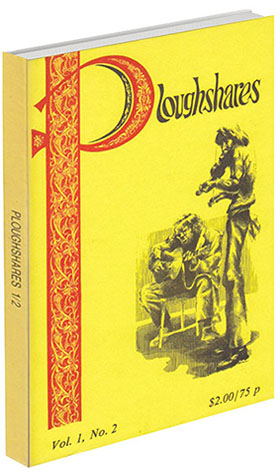rev. of Islands in the Stream by Ernest Hemingway
Aside from that of Edmund Wilson,
Islands in the Stream has met with little intelligent criticism. Now that the novel is out in paperback a few words might advertise the book's importance.
There is no question that Hemingway's eminence has diminished in the years following
A Moveable Feast. Many are now repulsed by his personality, his ill-temper, his deceit — what Pound called his "Mediterranean" character. But of course this has nothing to do with his writing.
Those who are put off by the "He-Man Papa-Hem" of legend will probably find Thomas Hudson, the painter here of
Islands in the Stream, insufferable. Hudson is, and the reasons are both that he is never real in the book (perhaps he is too closely modeled on the author) and Hemingway's attitudes about manhood, a man's work, a man's code are the least interesting things in his work. But Hudson held my attention. He seems to reflect a Hemingway increasingly corrupted by his own ideas about himself.
Hemingway never failed to point out that he cared for the craft of writing. It was important to him, and he sought to impress its importance on others.
Islands in the Stream has some fine writing. The book's final section describing Hudson and crew hunting the survivors of a Nazi sub through the cays and islands off Cuba is excellent action narrative. One experiences men in action in a way that makes Hemingway's posturing all the more unnecessary. There is also much evocative description of the Caribbean throughout the novel, several sharply rendered Paris memories, and a comic shipboard affair involving Hudson.
An interesting weakness in the book is the absence of the sharp, tense dialogue that marks Hemingway's best work. Indeed the book's most boring scenes are those in which the characters drink and talk. A too-long scene in a Havana bar can be skipped altogether.
At its best Hemingway's prose has a fresh, clean cold water quality. He gets the job done with such economy of means one feels directly a sharply viewed sense of the world. There is enough good work in this novel to remind one of the very best Hemingway stories,
The Sun Also Rises and fine moments in his other books. The book also affords a glimpse of Hemingway, of his ideas about himself that deepens our understanding of a complex writer.

